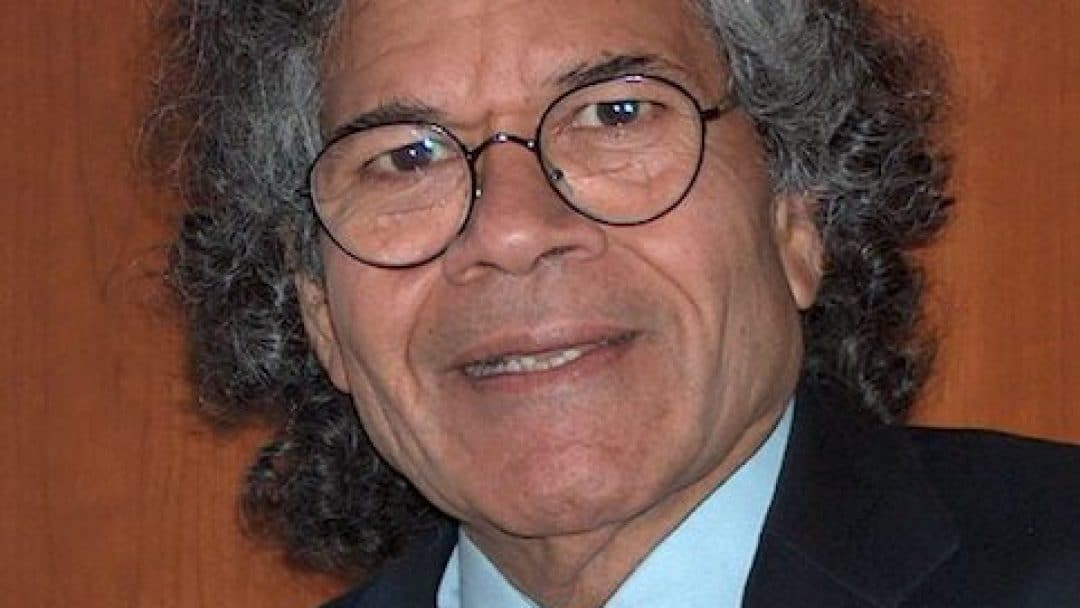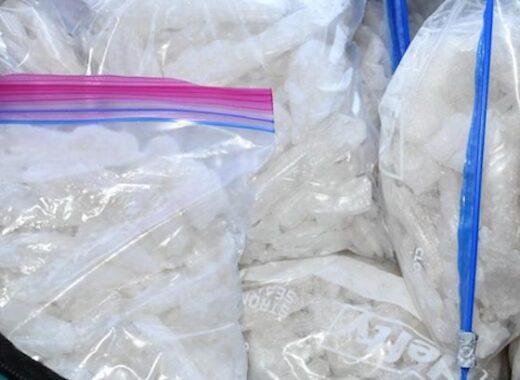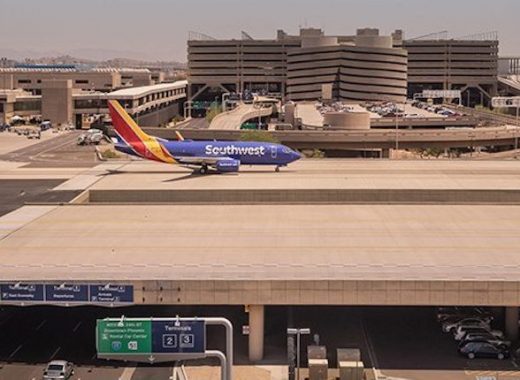A federal prosecutor brought a possible plot by the founder of Chandler-based Insys to the attention of jurors on Monday. Assistant U.S. Attorney David Lazarus said that John Kapoor devised a plot to bribe doctors to give patients a fentanyl spray as a way to compete with other drug companies.
Lazarus attributed Kapoor’s actions to greed, saying that he chose to make money over keeping patients safe and healthy by pushing the prescription of a highly addictive fentanyl spray. Along with four former employees of Insys, Kapoor is accused of spending millions to bribe doctors to push this drug that is intended for those who are suffering from cancer or other types of intense pain.
Kapoor’s lawyer says that the prosecution’s claim that the payments were made as fees for fake speaking events are false. His lawyer says that the events were to pay doctors to educate people on medication, which is a legal and common practice. After seeing his wife suffer the pain of breast cancer, his attorney Beth Wilkinson said that he wanted to help others who were suffering from similar illnesses with these events.
With the charges at hand, Kapoor and other Insys executives are facing a prison sentence up to 20 years as a result of racketeering conspiracy charges.
The government has two former Insys employees who are their key witnesses. These two individuals pled guilty and are working with the prosecution in this trial. But Wilkinson claims that these executives were making deals with doctors and are helping the prosecution to help themselves.
Insys is no stranger to legal trouble at this point. Past employees and doctors have faced convictions as a result of kickback scheme cases. Others who were given high doses of the company’s strong medications have sued the company. Those who sued say that they did not have cancer or were not warned of the risks associated with the powerful opioid medications.
Currently, Kapoor sits as one of the only executives at his level to be prosecuted during the ongoing opioid crisis that the United States is currently facing. This trial could last for the next three months or longer.








